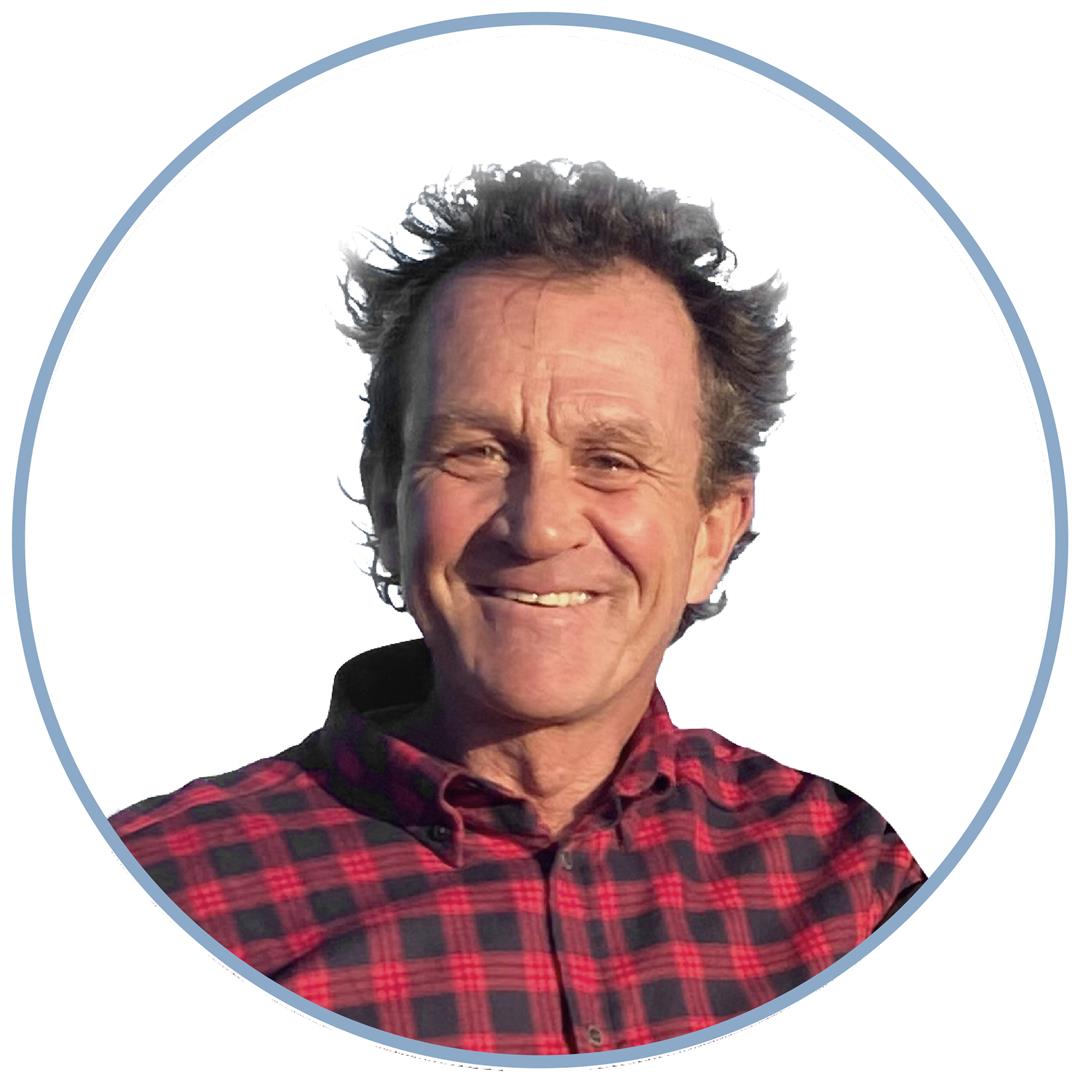GARDEN ROUTE | KAROO NEWS - The marking of the International Day of Biological Diversity on 22 May provides a much needed opportunity to spotlight the state of South Africa’s vast and uniquely rich biodiversity, as well as its endangered species like the Cape vulture, blue crane, African penguin, African wild dog and golden mole.
While we make up just 2% of the world's land, we’re home to 10% of plant species, 7% of bird species and 5% of mammal species. Further to this, South Africa is also home to 15% of marine species.
Many of these can be found nowhere else in the world, attracting millions of tourists annually, yet their habitats and populations are under threat, and in many cases, are being lost under our watch.
Peter Knights, CEO of Wild Africa Fund, says that Africa is reaching a critical threshold of biodiversity loss, and many endangered species may vanish forever if action isn’t taken.
“Since 1970, this continent has lost two thirds of its wildlife so this loss is on our watch. In South Africa, 20% of mammals and 10% of bird species are threatened with extinction. Communities, NGOs, the private sector and the government must all work together to combat crimes against nature and protect vital habitats. Africa can and should be world leaders in this field, especially given the economic benefits generated by wildlife tourism.”
The United Nations in their latest World Wildlife Crime Report released last week, found that despite twenty years of prevention efforts, wildlife crime still persists across 162 countries, impacting around 4 000 plant and animal species. Wildlife crime was found to have a direct link to organised crime groups.
“Wildlife crime impacts national economies and local communities as well as wildlife and requires international cooperation, strong laws and effective enforcement. There has been a lot of progress in these areas in recent years, but the challenges remain,” continues Peter.
Biodiversity loss is also the biggest driver of emerging infectious diseases, another recent finding from a meta-analysis published in Nature journal covering 1 000 studies of global environmental drivers of infectious disease.
Three-quarters of emerging diseases in humans are zoonotic, meaning they are passed from wild animals.
 Guy Jennings, Wild Africa Fund Southern African Director
Guy Jennings, Wild Africa Fund Southern African Director
This occurs as we disrupt their habitats, bringing them into contact with humans, and remove them from their natural environments, putting them in close proximity to other species in bushmeat markets and other scenarios.
“There is a continent-wide call to action here. In South Africa we’ve seen the impact of collective efforts to protect and restore populations of black rhino and the Cape mountain zebra in the past and we can see this kind of success again. Today, we’re seeing governments in Nigeria and Ghana moving to pass more modern and effective laws to protect wildlife and a potential decline in bushmeat consumption in Nigeria. We’re seeing a resurgence of wildlife populations and wildlife tourism in Rwanda. We’re also seeing organisations making pioneering moves in South Africa to ensure the sustainability of key species’ populations, like vultures and rhinos. There is so much hope,” says Guy Jennings, Wild Africa Fund Southern African Director.
Everyone can get involved, whether you’re representing a school, community, business or moved to act as an individual. This can be as simple as visiting your local national park and supporting conservation through your entry fee, reporting wildlife crime, advocating for habitat protection in your community, choosing to say no to single-use plastic, or sharing conservation content like that produced by Wild Africa Fund.
“Preservation of wildlife does not start and stop with big organisations, it requires the input of every individual and communities at a grassroots level, who desire to live and thrive in environments that are clean, safe and healthy. Protecting nature, protects us all,” concludes Peter Knights.
Wild Africa Fund aims to be Africa’s most effective conservation communicator, inspiring the public support and political will to protect Africa’s wildlife and wild spaces forever.
‘We bring you the latest Garden Route, Hessequa, Karoo news’
















